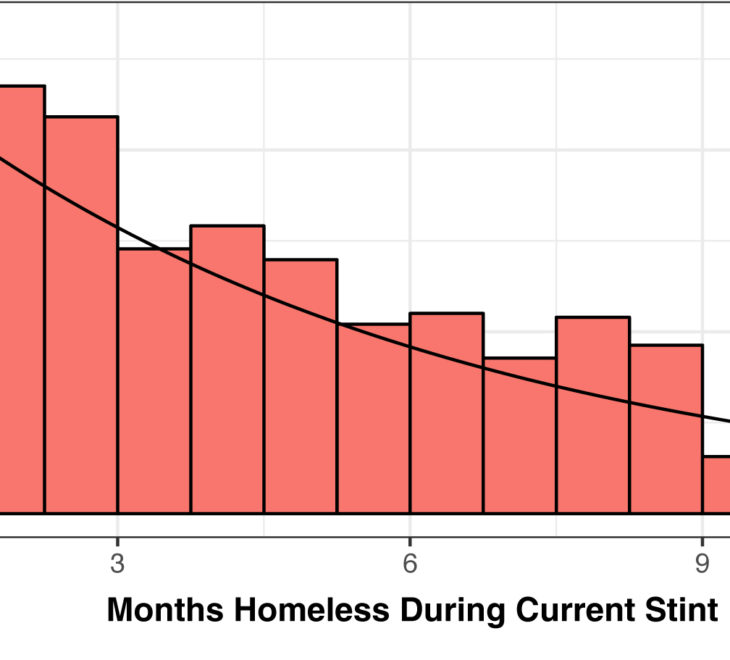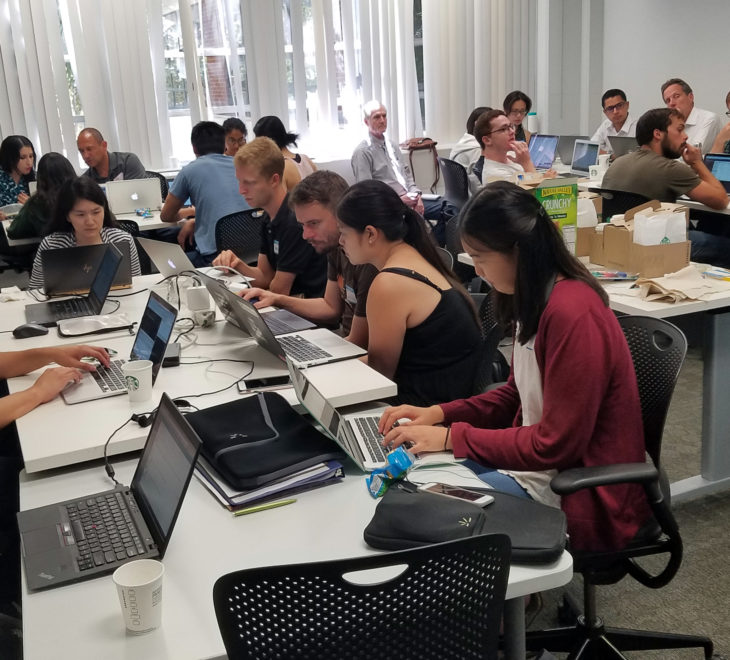Why aren’t more welfare parents becoming economically self-sufficient after participating in the LA County Welfare to Work Program, GAIN (Greater Avenue for Independence)? What has happened to these parents since entering the labor market after GAIN? The answers to these and other questions are presented in “Prisoners of Hope,” a report originally requested by the Los Angeles County Board of Supervisors on December 19, 2000. The Board asked the Economic Roundtable to conduct research and provide specific, operational recommendations for increasing the number of welfare parents who find and keep jobs. The research investigated welfare case records for 1.1 million parents as well as the state’s payroll tax records for these parents. The research was paid for by a grant from The John Randolph and Dora Haynes Foundation.
Key Outcome:
- Most welfare parents remain in poverty even after many years in the labor force.
Key Opportunity:
- Parents with higher levels of education and English fluency AND parents who participated in GAIN education and training programs have the highest earnings and the best prospects for becoming self-sufficient.
Reasons for Low Earnings:
Many parents have low levels of education and/or limited English ability. These obstacles in combination with limited work histories preclude many from becoming economically self-sufficient.
Many parents have disabilities and dysfunctions that preclude self-sufficiency.
The entry of many low-skilled welfare parents into the labor market contributes to the growth of low-wage industries that do not offer sustainable employment.
Recommendations for County Policy:
- Greatly increase the number of parents who participate in education and training programs in combination with work experience by:
- Building a program culture that values learning as well as work.
- Providing open access for all certified education and training providers that provide free skill development to recruit and train welfare parents within the constraints of TANF and CalWORKs regulations.
- Building strong referral relationships with education and training organizations throughout the county.
- Supporting the development of more effective training programs for older parents with limited English ability.
- Encouraging self-initiated training programs (SIPs).
- Build on the self-selection dynamics with in different subgroups to encourage entry into skill development programs.
- Strengthen DPSS’ capabilities for identifying parents with family dysfunctions or disabilities and ensuring that they receive needed services.
- Connect disabled parents with SSI benefits.
- Discourage parents from taking jobs in the informal economy.
- Reduce reliance on sanctions as a response to problems.
- Seek a fair share of state childcare funds.
- Strengthen DPSS ‘ capabilities to use internal data to guide quality improvements.
Strengthen DPSS’ capabilities to use labor market information in developing employment plans for parents.
Chapter Headings:
- Executive Summary (available in Spanish and English)
- Labor Market Engagement By Welfare Parents
- Vulnerable Parents
- Parents Approaching Time Limits
- Recent Welfare-To-Work Service Strategies
- Impacts Of Education And Training
- Revisiting the Research that Validated “Work First”
- Comments By Manpower Demonstration Research Corporation
- Sanctions
- Childcare
- Labor Market Experience Of CalWORKs Parents 1998-2001
- Labor Market Restructuring and the Working Poor in Los Angeles County
- Informal Economy
- Conclusions and Recommendations
- Comments By The LA Department of Public Social Services and Economic Roundtable Responses
- Appendix













